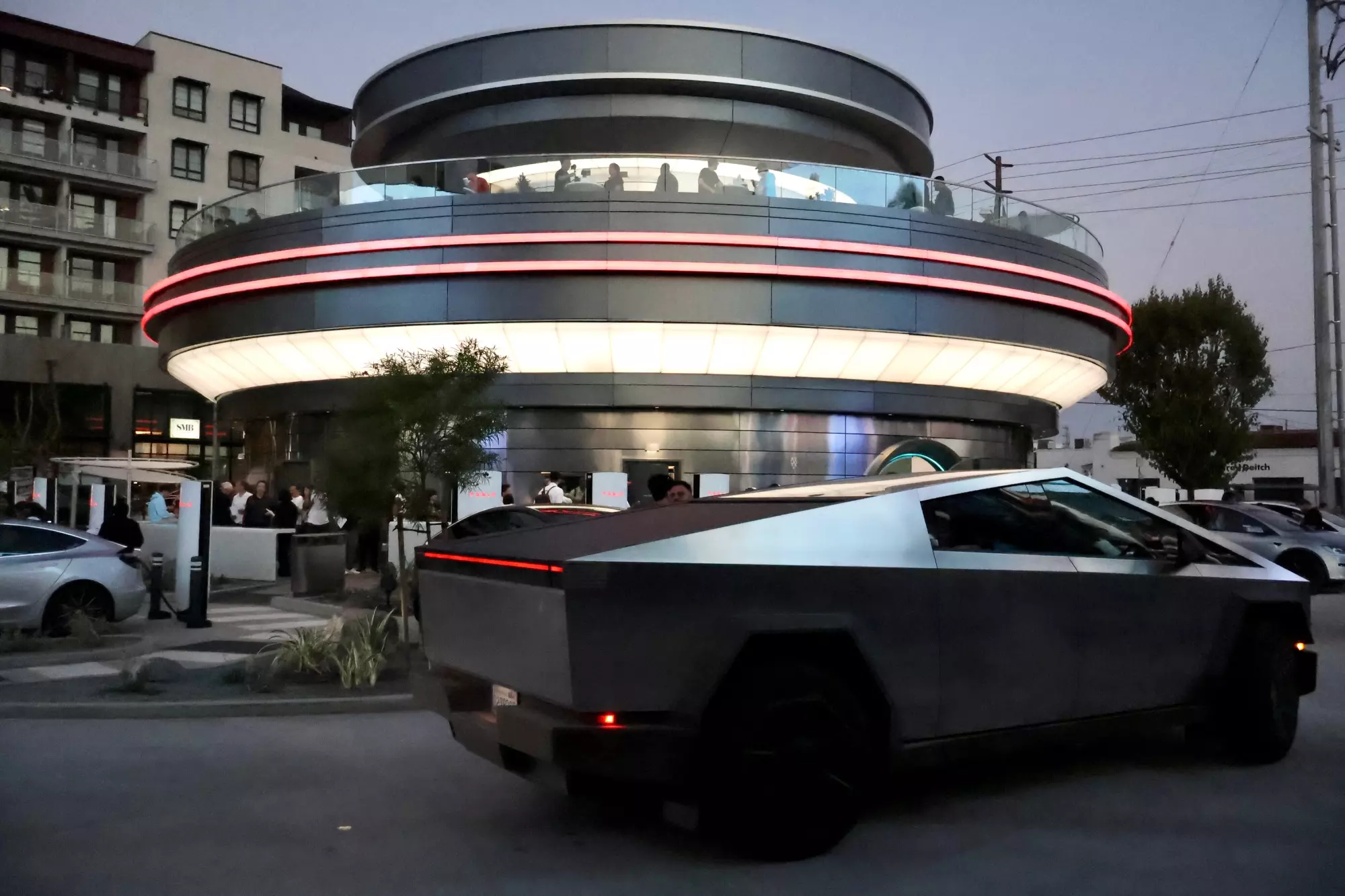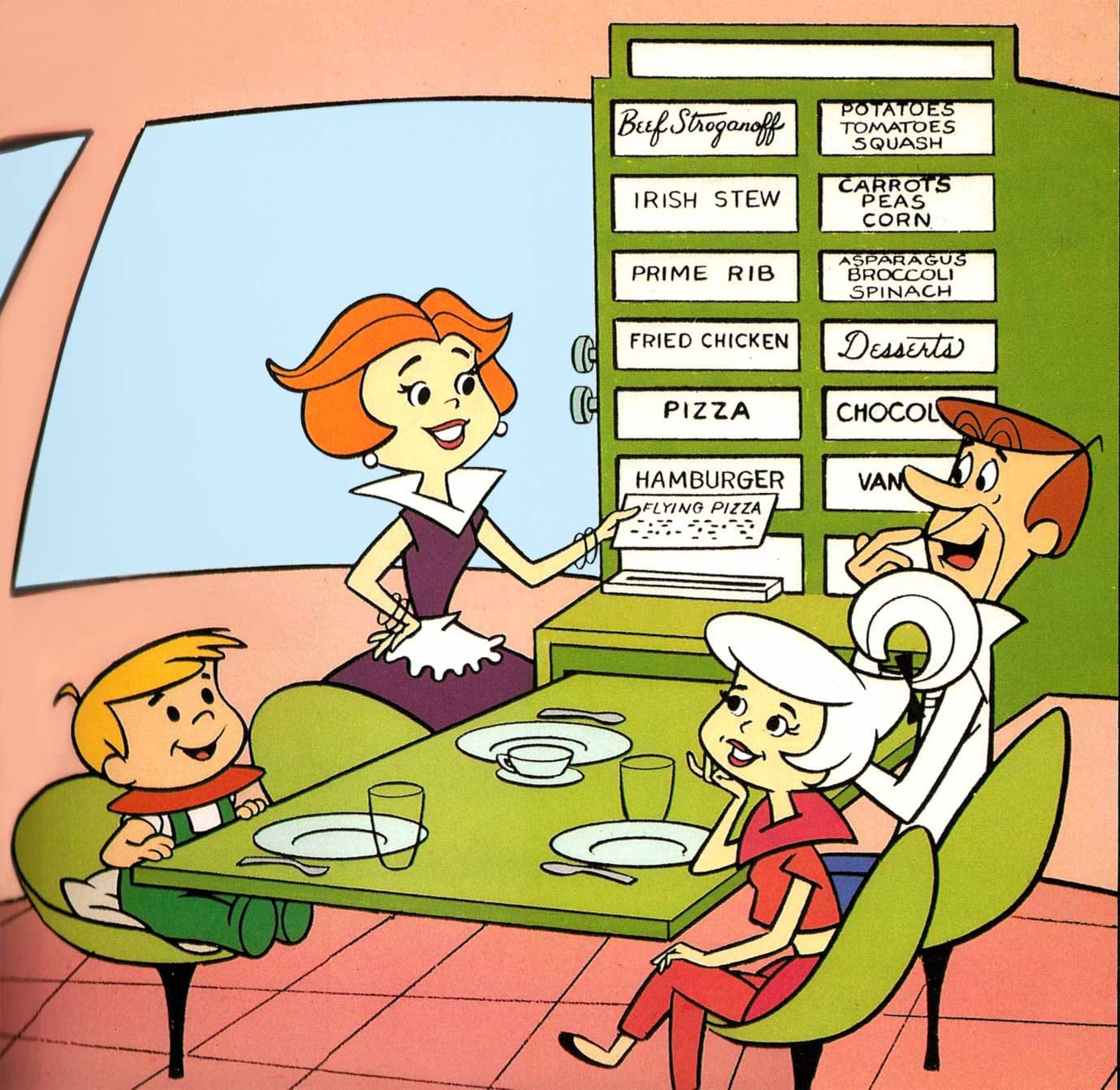Analog Summer

I've spent the past week on the west coast of Norway, far away from everything tech and AI-related. Cause that is needed too; just tinkering with the fishing gear or pulling out the hiking guide that's a permanent fixture at the cabin.
Even though I'm enjoying the ocean view, mackerel, and a few horseflies, others might be hungry for more tech insights. This edition of Kludder will be short, with a collection of news stories that are good to read in the afternoon sun.
I'll save thoughts and reflections for next week.
Have a great summer, and happy reading!
Airing ideas
Sometimes I get ideas that belong elsewhere than Kludder, but still deal with technology. For example, this piece I wrote for Dagens Næringsliv which writes about business, financial and economic news in Norway.
Innovation Norway does a lot of exciting stuff. Yet their focus is mainly on helping Norwegian companies gain access to the global market. Technology has become a power center for trade wars - just look at how the US is withholding Nvidia's data chips from China - or Trump's tour to the Emirates with Sam Altman to build data centers.
A new geopolitical situation requires a different way of thinking. That's why this op-ed is all about how Norway should establish new diplomatic channels, focused on the tech industry. For example, a dedicated tech ambassador, which I advocate for in the piece.
Future dining?

Yesterday I traveled back in time. I went to Nilsbua, an old boathouse by the fjord, and ate bacon pancakes served on an old wooden table. The guy behind the register was friendly, and recommended we take a look at the museum dedicated to the boathouse. Although we didn't, it was a pleasant human interaction nonetheless. And the pancakes were delicious.
On the other side of the Atlantic, everything is about the future. A certain fellow named Elon Musk has opened The Tesla Diner. It's not a boathouse, but a futuristic diner run by Tesla robots. WIRED made the trip and attended the opening. At the same time, they got to talk with some people who still support Elon Musk and his vision of the future. Maybe it'll catch on, but for my part, I'd rather have a human who can give tips about where we can fish, a rock ledge perfect for diving, or where the sunset is most beautiful.
The diner is very modern, very "The Jetsons" - Joseph Macken to the Los Angeles Times.

Is AI a bubble?
An analysis by The Times questions the enormous valuations of AI companies these days. Ilya Sutskever, who incidentally plays a major role in the book The Optimist (read my review of it here), left OpenAI and started SafeSuperintelligence. Their goal is to develop, as the name suggests, a safe superintelligence that doesn't harm humanity.
His company has yet to roll out a single product, but that doesn't stop investors from throwing money at the company. Recently, SafeSuperintelligence was valued at a whopping $32 billion.
The analysis draws parallels to the dotcom bubble of the early 2000s. That parallel isn't new and is often brought up by AI skeptics.
What's "different" this time, writes Fortson, is mainly two things: That AI will change virtually all industries and how we live our lives. Yet, he believes, it's also true that we're caught in the middle of a gigantic bubble that - when it bursts - will cause most AI companies to disappear, wiping out trillions of dollars in value.
He's got a point. Not everyone can survive.
AI uses enormous amounts of water
The French AI company Mistral AI has published a report showing how much their AI model, Mistral Large 2, impacts the environment. Now the company wants standards established for reporting the consumption that AI models are responsible for.
The details can be read in the report, but I'll give you a brief summary:
Just training the models produced emissions of 20,000 tons of CO2. If that doesn't mean anything to you, this calculator shows that it equals over 34,000 round-trip flights between Helsinki and Munich. An even simpler explanation: It's a lot of CO2.
Mistral competes with other language models like ChatGPT, Claude, Grok, and Gemini. The company wants more transparency and a standardized way to report emissions. That way, we as users of the models can see which are most environmentally friendly. Maybe the idea isn't so dumb? An energy rating of the models similar to what we see on washing machines and refrigerators - at least we do, here in Europe.
Trading with China after all
Donald Trump has chosen a hard line against, well, basically the whole world. But China in particular is seen as a rival in the global trade market. When Trump became president, he ordered data chip giant Nvidia to stop selling chips to China. The president feared that the Chinese would use this technology to leapfrog the US in the AI and technology race.
But last week, surprising news came from Washington. Nvidia gets to sell to China after all. This article - and this podcast - both from the New York Times, provide good insights into how Nvidia CEO Jensen Huang lobbied the president to change his view on data chip sales to China.